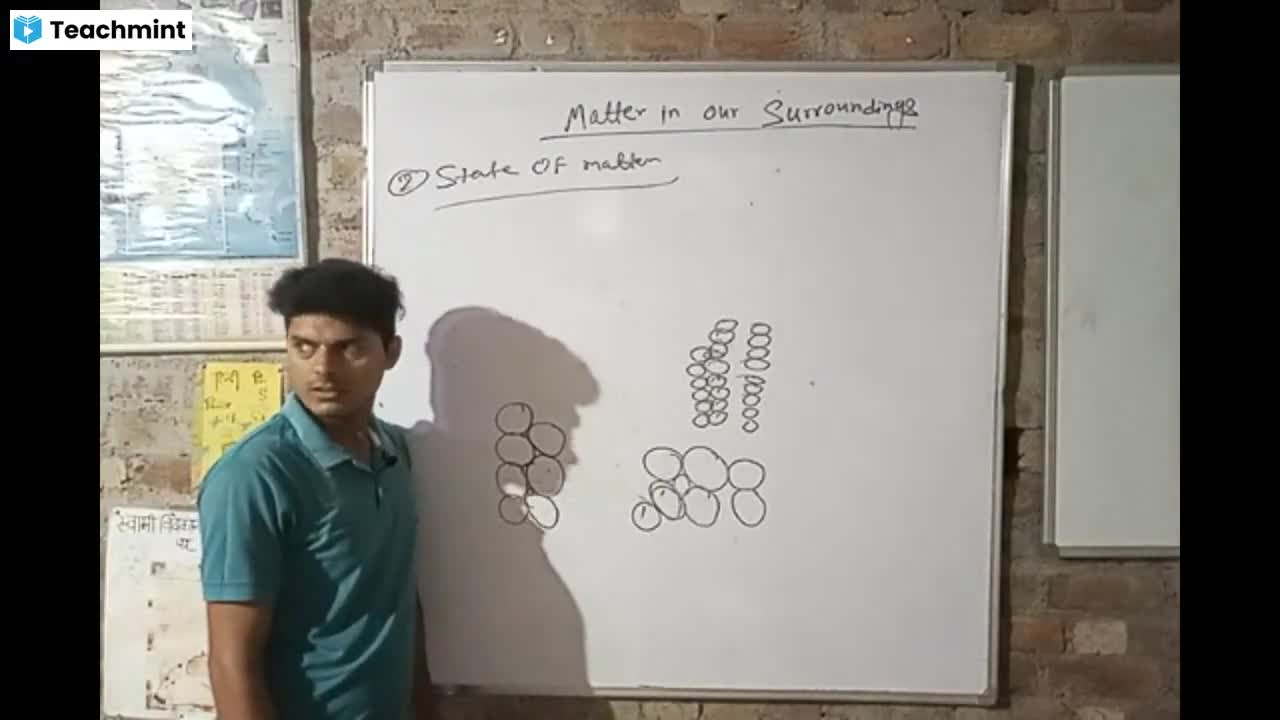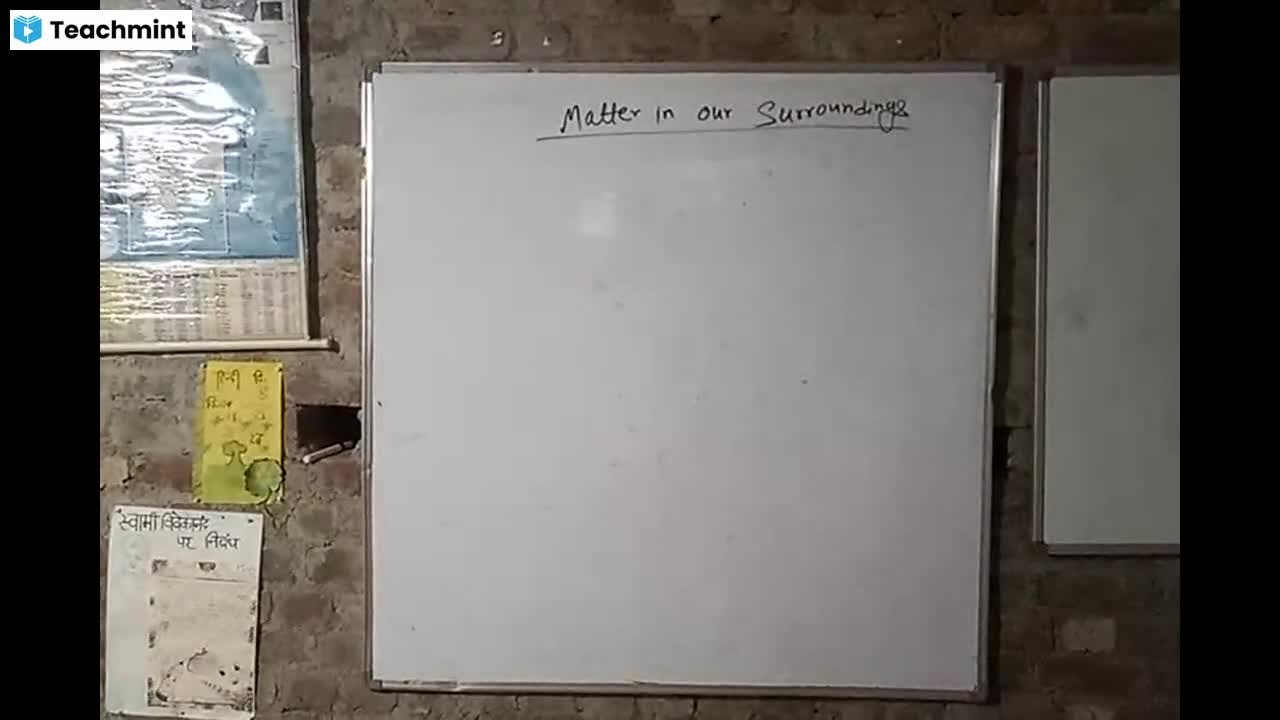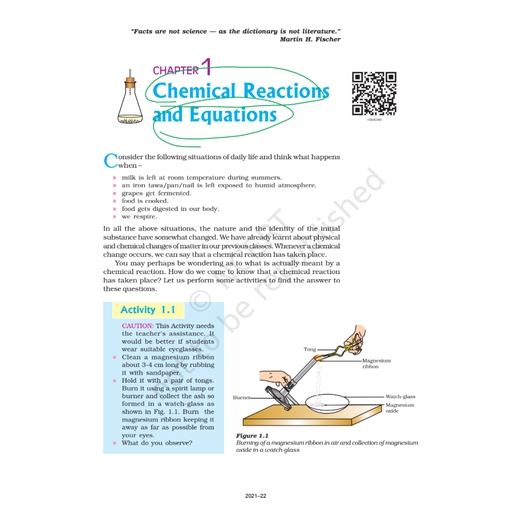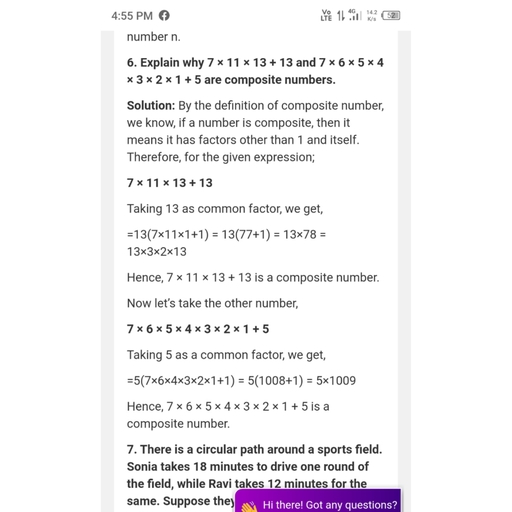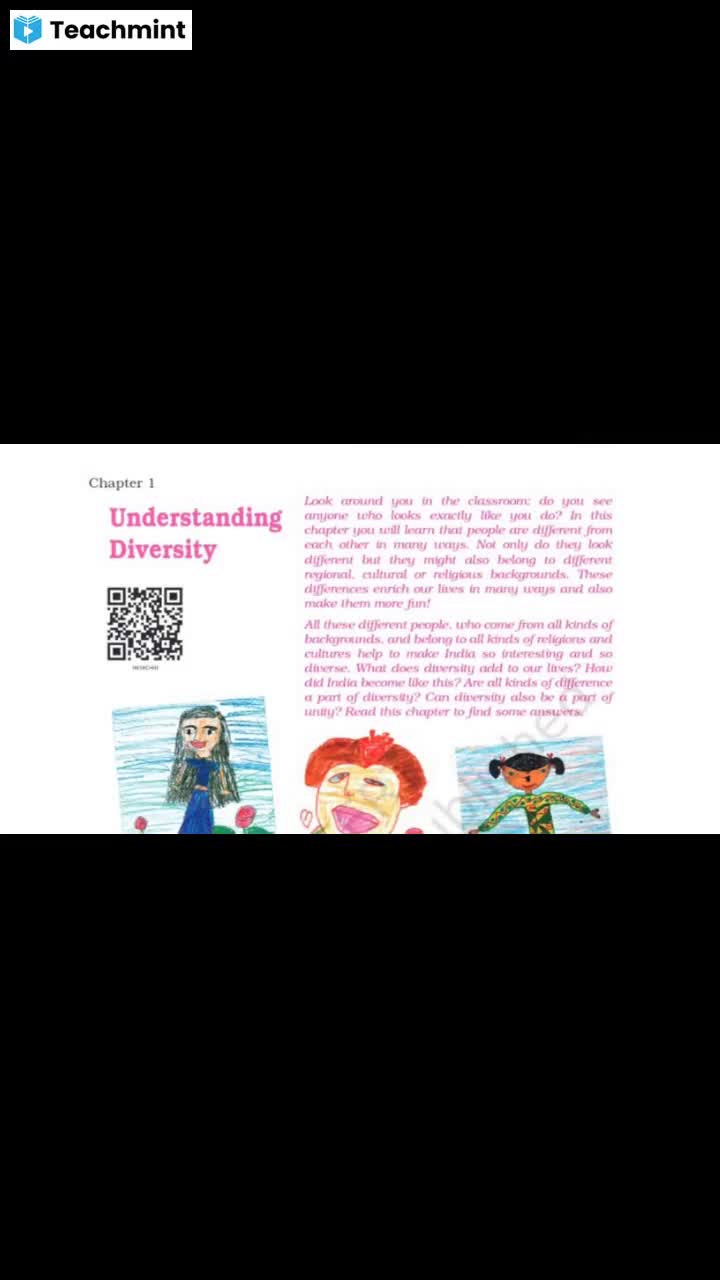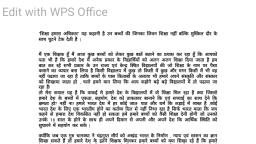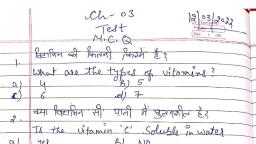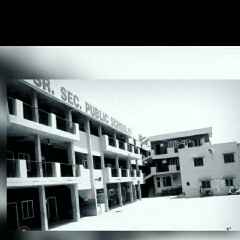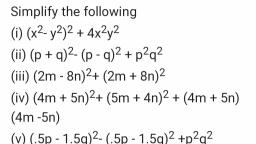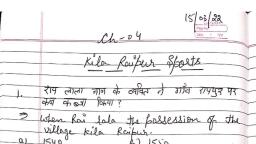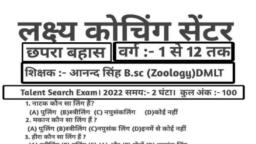Question 2 :
The pair of rational numbers lying between $\displaystyle \frac{1}{4}$ and $\displaystyle -\frac{3}{4}$ is ?
Question 3 :
$8$ can be written as a rational number with any integer as numerator.
Question 4 :
Given that $Q$ is a rational number:(i) Difference of two $Q$s is $Q$.(ii) Subtraction is commutative on $Q$.(iii) Addition is not commutative on $Q$.Which option is wrong?
Question 6 :
$G$ is a set of all rational numbers except $-1$ and $\ast $ is defined by $a\ast b=a+b+ab$ for all $a,b\in G$, in the group $\left( G,\ast \right) $, the solution of ${ 2 }^{ -1 }\ast x\ast { 3 }^{ -1 }=5$ is
Question 10 :
Compare the size of a pen tip which is $0.000005$ m to that of the width of pen which is $ 0.0000249$ m.
Question 11 :
If $5^{k^2}(25^{2k})(625) = 25\sqrt{5}$ and $k < -1$, find the value of $k$.
Question 13 :
If the number $\overline {481x673}$ is completely divisible by  $9$. Then the smallest whole number is place of x will be
Question 15 :
Consider the number $4^n$, where $n$ is a natural number. Check whether there is any value of $n \in N$ for which $4^n$ ends with the digit zero.<br/>
Question 16 :
A number is divisible by both $5$ and $12$. By which other numbers Will that number be always divisible
Question 17 :
      $\bigcirc \ \ \Diamond$ <br> $\times$   $\Box\ \ \  \Diamond$__________    $   \triangle\  \Box\ \Diamond$     <br/>In the multiplication above, each symbol represents a different unknown digit, and $\bigcirc  \times \Box \times \Diamond = 36$. What is the three-digit integer $\bigcirc  \Box  \Diamond$?
Question 22 :
Find the value of cube root of the number $1290$. (Round off your number to the nearest whole number)<br/>
Question 25 :
Find the value of $\sqrt{15625}$ and the use it to find the value of $\sqrt{156.25}+\sqrt{1.5625}$.
Question 26 :
The value of $\sqrt { \sqrt [ a ]{ { 4 }^{ { a }^{ { a }^{ 2 } } }\sqrt { { 6 }^{ { a }^{ 3 } }\sqrt [ { a }^{ 3 } ]{ { 12 }^{ { a }^{ 6 } }\sqrt [ { a }^{ 4 } ]{ { 18 }^{ { a }^{ 10 } } } } } } }$ is equal to
Question 28 :
State true or falseSquare numbers can only have even number of zeros at the end.
Question 31 :
If $\displaystyle a + \dfrac{1}{a} = 4$ and $\displaystyle a \neq 0$, find :<br/>$\displaystyle a^{4} + \dfrac{1}{a^{4}}$



